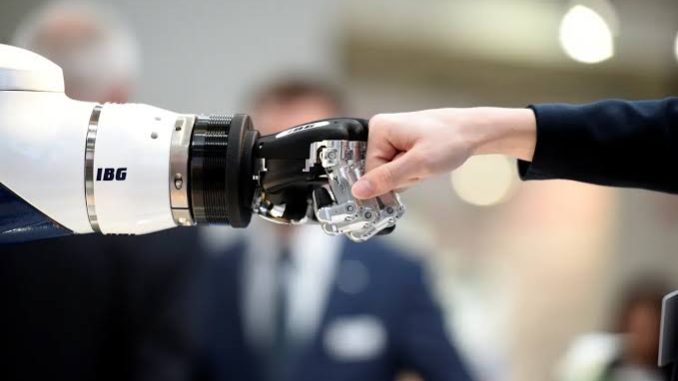
What Is Artificial Intelligence?
Artificial Intelligence refers to the simulation of human intelligence processes by machines, particularly computer systems. These processes include learning (acquiring information and rules for using it), reasoning (using rules to reach approximate or definite conclusions), and self-correction. AI technologies include machine learning, natural language processing, computer vision, and robotics.
Transforming Industries
AI has found applications in nearly every industry, bringing about transformative changes:
-
Healthcare: AI-powered tools assist doctors in diagnosing diseases, predicting patient outcomes, and personalizing treatment plans. For example, machine learning algorithms can detect anomalies in medical imaging faster and with greater accuracy than traditional methods.
-
Finance: Financial institutions use AI for fraud detection, algorithmic trading, credit scoring, and customer service automation. Chatbots and virtual assistants are becoming common tools for enhancing customer experience.
-
Retail: AI helps retailers analyze consumer behavior, optimize supply chains, and recommend products tailored to individual preferences. Personalized marketing has become more precise and impactful thanks to predictive analytics.
-
Transportation: AI is the driving force behind autonomous vehicles, smart traffic management, and predictive maintenance for fleets, making transportation safer and more efficient.
-
Manufacturing: Smart factories leverage AI for quality control, equipment maintenance, and process optimization, leading to reduced costs and increased productivity.
Everyday Technology Integration
AI is embedded in many technologies we use daily:
-
Smartphones: Voice assistants like Siri and Google Assistant use natural language processing to understand and respond to voice commands.
-
Streaming Services: Platforms like Netflix and Spotify use AI to suggest content based on viewing and listening habits.
-
Social Media: Algorithms filter content, detect harmful behavior, and improve ad targeting to enhance user experience.
Benefits of AI in Technology Solutions
-
Efficiency: AI can process massive volumes of data faster than humans, enabling quicker and more accurate decision-making.
-
Automation: Routine and repetitive tasks can be automated, freeing up human workers for higher-value activities.
-
Personalization: AI can tailor experiences to individual users, improving satisfaction and engagement.
-
Innovation: AI drives innovation by enabling new products and services, from virtual assistants to smart cities.
Challenges and Ethical Considerations
Despite its benefits, AI also raises important challenges:
-
Privacy Concerns: Data used to train AI models can compromise user privacy if not handled responsibly.
-
Bias in Algorithms: AI systems can unintentionally perpetuate biases present in training data, leading to unfair outcomes.
-
Job Displacement: Automation may reduce demand for certain jobs, requiring workforce reskilling and adaptation.
-
Accountability: Determining responsibility for AI-driven decisions, especially in critical areas like healthcare or criminal justice, remains complex.
The Future of AI in Technology
The future of AI promises even deeper integration with emerging technologies like the Internet of Things (IoT), quantum computing, and augmented reality. As AI becomes more advanced, it will continue to unlock new possibilities for innovation, efficiency, and human-machine collaboration.
Conclusion
Artificial Intelligence is not just shaping modern technology—it is driving it. From improving daily conveniences to solving complex global challenges, AI plays a critical role in how we build and interact with technology. As we move forward, embracing AI responsibly and ethically will be key to maximizing its potential for the benefit of all.